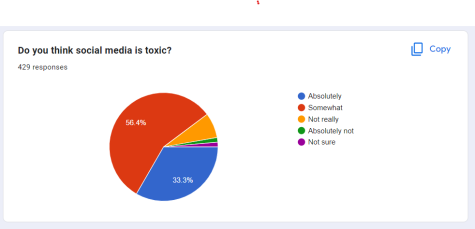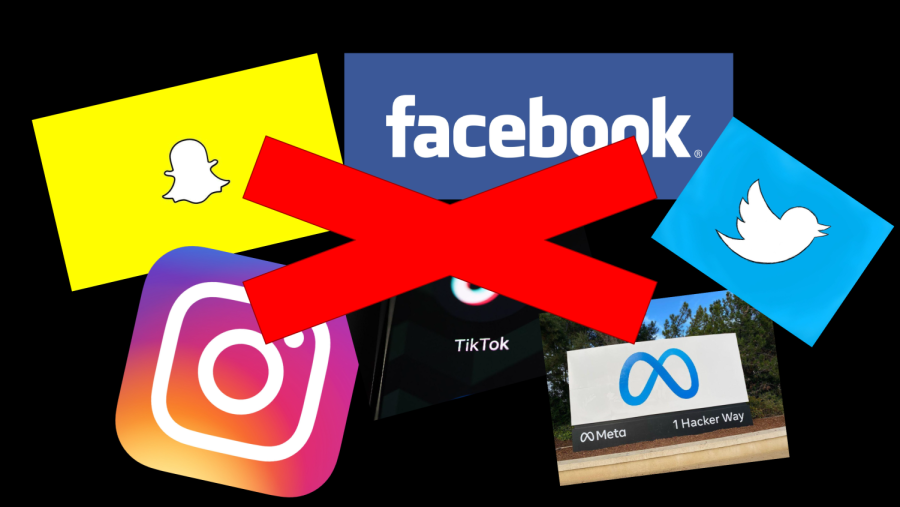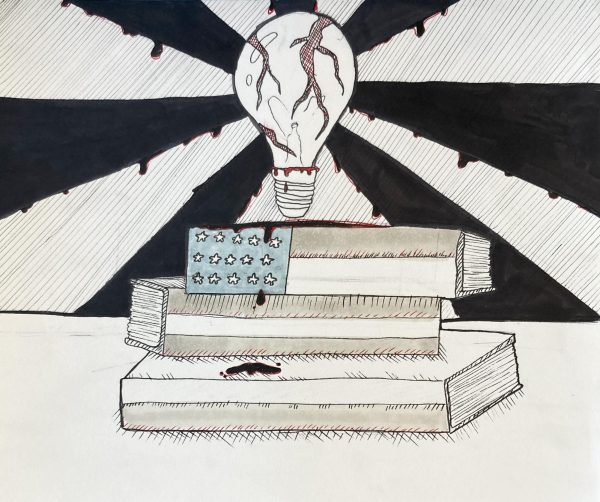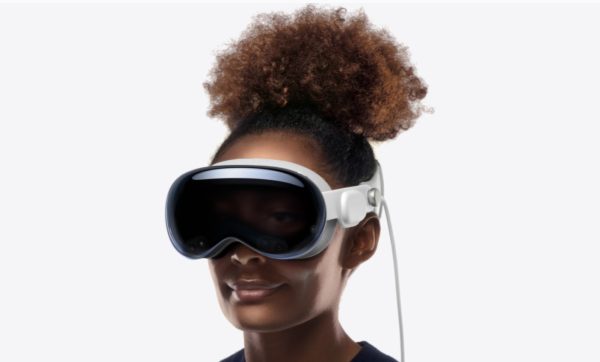Social Media’s Impact on Mental Health
March 13, 2023
Since the inception of social media, it has had a significant impact on interpersonal relationships, mental health, and the way people socialize. The usage of social media is consuming our world today, and although it has its good side, it has a dark side as well.
Did you know social media becomes addictive because of the instant dopamine rush we get when using it? Just as alcohol and drugs, social media can “hijack the dopaminergic pathways” more quickly and reliably, according to Dr. Kim Johnson from Middle Georgia University. The dopamine rush becomes addictive, causing people to rely and depend on social media, where they seek out autonomy, entertainment, intrinsic and external motivation, relatedness, and perceptions of well being.
Our peers today use social media to make social connections, taking away from real world connections. According to Dr. Johnson, 88 percent of social media users use social media for social interactions. Connections made in real life can reduce anxiety, stress, depression, and so much more. Because people rely on social media to make those connections, they become dependent on social media.
According to helpguide.org, an independent nonprofit mental health website, becoming dependent on social media can cause FOMO (fear of missing out), anxiety, stress, depression, body dysmorphia, and even self harm.
Over the last decade, according to many sources, the suicide rate for ages 10-24 has increased about 57 percent. The negative side effects of social media are often thought to be a cause. The usage of social media can cause isolation, which tends to cause people to feel lonely. According to helpguide.org, a study found that “reducing social media usage can actually make you feel less lonely and isolated and improve your overall wellbeing.”
In a schoolwide survey at Santa Fe High, 429 students answered a question about whether they believed social media was toxic. Here are the results of that survey:

One of the biggest issues today that comes from social media is the pressure to live up to today’s “beauty standards,” which include, for women, having a small waist, flat stomach, full lips, clear skin, a perfect nose, etc. Many females, especially teens, are affected by these standards, which can lead them into having body dysmorphia. However, many images on social media are manipulated, and although most know that, many are still affected by it.
Social media influences many, especially the younger audience. Although kids may learn a lot from the internet, they still get exposed to the sinister side of it. For example, in 2016, an online game called “The Blue Whale Challenge” began circulating on the internet. This was a challenge that lasted 50 days; for each day a new task was given. As the days passed, the tasks became more sinister, and the last task directed the user to end their life. It’s said that if a participant refuses a task, the “administrator” will release, publish, or share something extremely personal or highly sensitive from the participant’s account.
Any teens who feel alone should talk to someone they can trust. These resources can help:
Crisis and Access Line
1-855-662-7474
Peer-to-Peer Warm Line
1-855-466-7100
Suicide Prevention Lifeline
(800) 273-TALK or (800) SUICIDE












